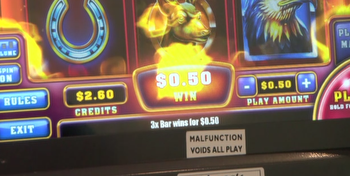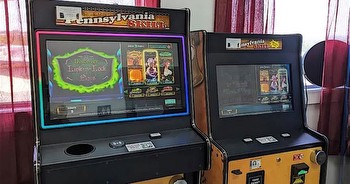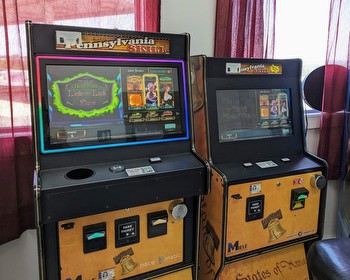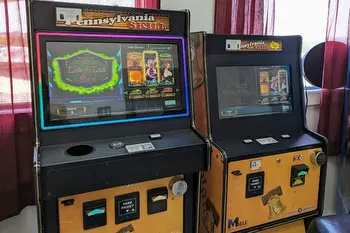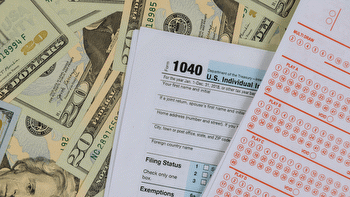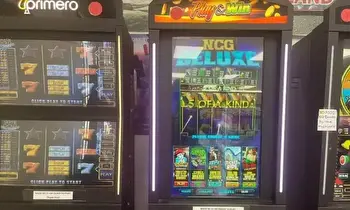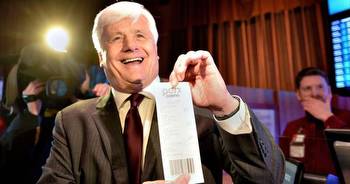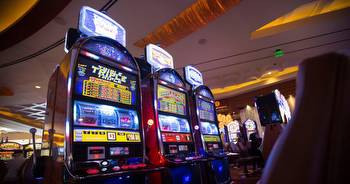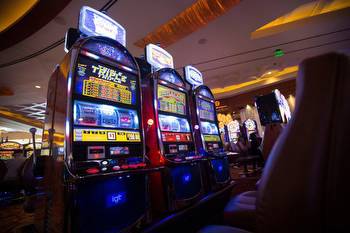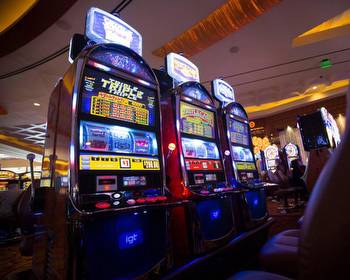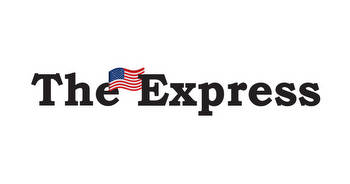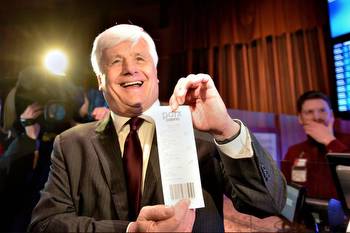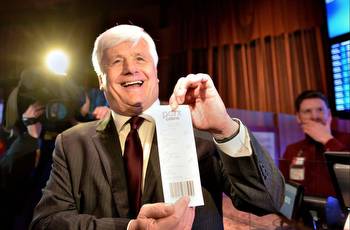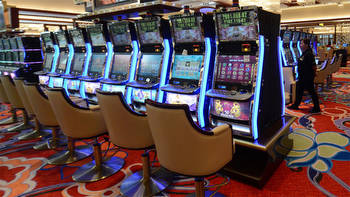Shapiro Wants to Tax Skill Games, But Must First Navigate Pa.’s Wealthy, Warring Gambling Interests

As part of his budget pitch this year, Gov. Josh Shapirosays he wants to regulate and tax skill games to raise tens of millions ofdollars in revenue.
In making this proposal, the Democrat wades into a years-oldbattle for dominance of the gambling industry, which last yearcontributed $2.3billion in tax revenue to the commonwealth’s coffers.
The playing field involves three major interests. Casinos,which Pennsylvania legalized in 2004, are represented by a powerful lobby inPennsylvania and last year earned $3.4 billion from slot machines and tablegames.
The 17 in operation are heavily taxed and regulated by theGaming Control Board, with between 48% and 54% of their gross revenue from slotmachines, for instance, going back to the state.
Another big player is the video gaming terminal industry.The devices, commonly called VGTs, were legalized as part of a gaming expansionbill passed amida 2017 budget stalemate. Alongside approving online betting,the law allows a list of approved diesel fuel truck stops to operate up to fiveof these terminals and taxes them at a similar rate to casinos. As of the endof 2023, there are 71approved VGT facilities in the commonwealth, run by five differentoperators.
Finally, there are the makers of untaxed and unregulatedskill games, which resemble slot machines and can be found in bars,restaurants, and convenience stores across the commonwealth. The Georgia-basedcompany Pace-O-Matic dominates the industry in Pennsylvania.
Pace-O-Matic claims its machines don’t count as gambling.The games "require interaction and predominate skill to play,” one companyofficial said at a2020 state House Democratic hearing. Conservative estimates place thenumber of such machines operating in Pennsylvania in the tens of thousands.
These interests all compete for the same customers. AsRichard Auxier, a senior policy associate at the Urban Brookings Tax PolicyCenter, told Spotlight PA, "The more you expand [gambling], you're just goingto be dividing up that pie, rather than growing it.”
As part of its quest to keep operating in Pennsylvania,Pace-O-Matic employs at least 20 lobbyists at seven different firms, which costthe company $1.8 million in 2023. It donated an additional $446,000 topoliticians’ campaign coffers in 2023.
The skill games industry’s wooing of lawmakers doesn’t endthere. In 2022, Pace-O-Matic sent state lawmakers onan all-expenses-paid trip to a Wyoming rodeo to learn how the industryoperates there — a function both of the company’s influence and ofPennsylvania’s lax gift laws, which allow such perks.
Casinos were barred from making financial contributions topoliticians until 2018,but still wielded political power before the ban ended and have since steppedup their spending.
As Spotlight PA previously reported, lobbyists and lawyersfor Pennsylvania’s largest casino, Bucks County’s Parx, ghostwrotea state senator’s 2019 bill that would have banned skill games.
And in 2023 alone, a PAC funded by Parx executives and boardmembers, such as Chair Robert Green and CEO Eric Hausler, contributed $160,000to top lawmakers from both parties and chambers.
Proponents of VGTs have also courted lawmakers. Spotlight PApreviously reported that Golden Entertainment, a company seeking to make VGTsavailable beyond truck stops, helpedhost a glitzy Las Vegas fundraiser for the state Senate’s then-top official,Republican Joe Scarnati. Afterward, the company put thousands of dollars into acampaign committee Scarnati controlled.
On top of those major spenders, Pennsylvania also has on-and off-track horse race betting and state-administered lottery machines. Oneof the Pennsylvania Lottery’s long-heldconcerns is that too much expansion of slots-style gambling will cutinto its revenue, which is earmarked for services for older adults.
Bars, restaurants, and social clubs that have embracedgaming terminals as a way to drive customers also have a stake in the debate.
Jeff Sheridan, who worked as a spokesperson for formerDemocratic Gov. Tom Wolf and has since lobbied on behalf of both skill gamesand VGTs, said he has "spoken directly to bar and restaurant owners about this— it truly can make a difference between them keeping their doors open or not.”
There also remains a faction of anti-gambling lawmakers whomust be considered, said Steve Crawford, a legislative liaison and chief ofstaff for former Democratic Gov. Ed Rendell who helped with the governor’ssuccessful 2004 effort to legalize casino gambling.
"It's not just Republican, Democrat,” said Crawford, whosince leaving government has worked as a lobbyist for casinos and the horseracing industry. "Within the Republican caucus, for instance, you have peoplethat are very much opposed to gambling. … How willing are those members of thecaucus going to be to allow their leadership to have conversations with thegovernor's office and the others in the legislature about letting a bill pass?”
Competing Agendas
Because skill games aren’t explicitly legal in Pennsylvania,the question of whether the games should be allowed to operate has led to StatePolice seizures and sparked years of litigation over their status.
"It's the Wild West. There's no other way to put it,”Crawford said of the regulatory status quo.
In this atmosphere, Pace-O-Matic has said it welcomesregulation. Sheridan explained the stance this way: "If I were Pace-O-Matic, Iwould not want to have to keep having my equipment being seized and having togo to court to get my equipment back.”
In the meantime, Pace-O-Matic has racked up legal victories.Last year, Commonwealth Court affirmed that the games are permissible becausegameplay involves some level of skill, rather than pure chance, and also thatthey are notsubject to regulation or taxation under Pennsylvania’s existing GamingAct. The state appealedthe ruling in January to the Pennsylvania Supreme Court.
The commonwealth is leaving tax dollars on the table by notregulating these games. In his budget, Shapiro pitched a 42% tax on daily grossrevenue from skill games, which he estimates would yield about $150.4 millionfor the state in the next fiscal year, and grow thereafter.
Pace-O-Matic has conditions for its embrace of regulation.The company doesn’t want skill games to be overseen by the Gaming ControlBoard, as Shapiro has proposed. Pace-O-Matic lobbyist Mike Barley argued in astatement earlier this month that the panel won’t be a "fair and impartialregulator.”
As Spotlight PA previously reported, the Gaming ControlBoard a few years ago aligned with Parx and others in a court fight to declareskill games illegal. Itdid so after members privately met with casino lobbyists.
Barley added that the 42% tax is "higher than the industrycan sustain.”
Still, "we stand ready and willing to discuss these issuesin the General Assembly and the Shapiro Administration,” he concluded.
VGTs, which do not include an element of skill and aretherefore legally distinct from skill games, are regulated and taxed (at 52% ofgross revenue), and are currently confined to truck stops. VGT stakeholderswant to be allowed to expand to other locations, though Shapiro’s initialbudget proposal doesn’t include them.
Crawford said regulating skill games is a relatively easyproposition for lawmakers, simply because they already exist but are goinguntaxed. By contrast, he said, when he began working on casino legalization,"there were no casinos,” and the first casinos "had to spend $50 million justto get a license. … It’s an entirely different kind of conversation.”
The Pennsylvania Licensed Beverage and Tavern Associationsaid it favors the expansion of both skill games and VGTs, calling it "awin-win situation” for taxpayers and taverns. But the association added that a42% tax on skill games is high and "might not work” because it could make thegames less appealing to install.
Casinos take a different stance on legalizing skill games.They broadly oppose the expansion of slot machine-like devices outside of theirown walls because they fear they will lose revenue as a result.
In a statement, Parx CEO Eric Hausler told Spotlight PA thathe considered Shapiro’s skill game tax proposal to be a "good start.”
Parity between the taxes on skill games and casinos isimportant, he said, because the former industry "does not support the thousandsof jobs and invested capital that the casinos do, and we are confident they canoperate profitably at the same tax as casinos.”
But he noted casinos also have conditions: If skill gamesare legalized, casinos want the licensing and supervision rules they follow toprotect minors to also apply.
Shapiro’s initial budget proposal doesn’t include suchconditions.
Speaking to reporters Thursday, the governor didn't offerany additional specifics on his plan to legalize skill games, but added he wasopen to "anything else lawmakers would like to bring to us in thatspace."
"I'd like to see lawmakers stop talking about thisissue and start working on it and see what we can do to bring in more revenuefor the commonwealth," Shapiro said.
Lawmakers, meanwhile, aren’t necessarily rushing to takefirm positions.
One member who asked for anonymity to speak candidly jokedto Spotlight PA: "I gotta get a check from both before I make a vote,thanks for the reminder.”








